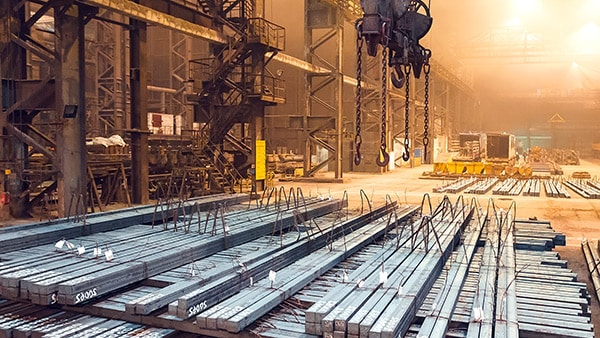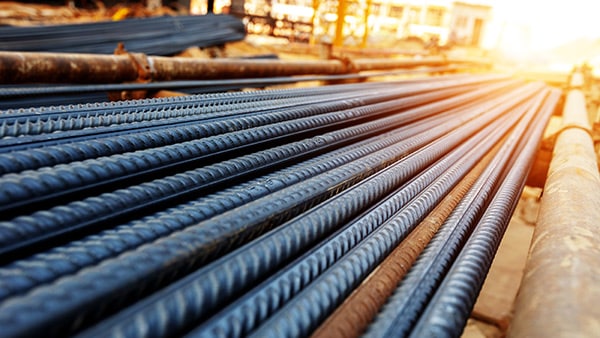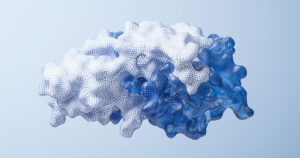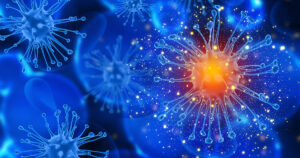In the quest to combat climate change, industries worldwide are seeking innovative solutions to reduce their carbon footprint. One such initiative is the Revolutionizing Ore to Steel to Impact Emissions (ROSIE) Project, spearheaded by the Advanced Research Projects Agency-Energy (ARPA-E). This initiative aims to revolutionize the iron and steel industry by introducing groundbreaking technologies that can significantly reduce greenhouse gas emissions.
What is the ROSIE Project?
The ROSIE Project is an ambitious program designed to develop and demonstrate novel technologies that produce iron-based products that do not produce emissions during the ironmaking step. The ultimate goal is to achieve cost-parity with the traditional carbothermic blast furnace method, which is the current industry standard.
The Need for ROSIE Project
The iron and steel industry is a significant contributor to global carbon emissions. Traditional ironmaking processes, such as the carbothermic blast furnace method, emit between 1 to 2 tonnes of CO2 for every tonne of iron produced. The ROSIE program’s objective is to bring this number down to zero by offering a sustainable and eco-friendly alternative.
Technical Objectives and Categories
The ROSIE program is divided into two categories:
- Category A: Focuses on introducing a novel ironmaking process to produce an iron product.\
- Category B: Concentrates on a new ironmaking process that results in a specific steel product.
Both categories emphasize the elimination of emissions directly associated with ironmaking while ensuring the final product is cost-competitive.
Technologies of Interest
- The ROSIE program is open to many innovative technologies, including:
- Aqueous electrowinning in various media;
- Non-aqueous electrolysis using molten salts and eutectics;
- H2 plasma-based ironmaking using different plasma generation methods;
- Biological and biomimetic ironmaking techniques;
- Novel thermochemical ironmaking processes; and
- Ironmaking from unconventional ores, such as mine tailings or low-grade ores.
Phases of the ROSIE Program
The program is structured into two phases:
- Proof-of-Concept Phase I: This phase lasts between 12 to 18 months, during which teams will demonstrate the feasibility of their concept.
- Prototype Phase II: Teams that successfully complete Phase I and are approved to proceed will be awarded additional funding to meet the final program metrics. However, moving to Phase II is not guaranteed and depends on the success of Phase I.
Performance Metrics
The ROSIE program has set clear performance metrics for projects. These include:
- Achieving zero non-biogenic greenhouse gas emissions from the ironmaking process.
- Reducing cradle-to-gate lifecycle greenhouse gas emissions.
- Ensuring scalability of the process and product.
- Meeting target costs that are competitive with or lower than existing technologies.
Submissions Not of Interest
While the ROSIE program is open to various innovative solutions, certain submissions are deemed non-responsive. These include:
- More efficient blast furnace technologies.
- Adding carbon capture and sequestration to blast furnaces.
- Transitioning from DRI using natural gas to DRI using hydrogen.
- Biomass to make biocoke followed by standard blast furnace ironmaking.
The ROSIE Project represents a significant step forward in the journey toward a sustainable future. By promoting the development of eco-friendly ironmaking technologies, ARPA-E is not only addressing the environmental challenges of today but also ensuring a greener tomorrow. The initial submission deadline for concept papers was scheduled for 9:30 AM ET on August 8, 2023.
There will be a second deadline for questions, with the exact date yet to be determined (TBD). Similarly, the submission deadlines for full applications and replies to reviewer comments are also marked as TBD. However, ARPA-E anticipates notifying selected projects by January 2024. All participants are encouraged to adhere to these timelines to ensure their submissions are considered.
Funding for the ROSIE Project
The total funding set aside for this initiative is approximately $35 million. This amount is earmarked to be distributed between the ROSIE Project (FOA DE-FOA-0003117) and its counterpart, ROSIE SBIR/STTR (FOA DE-FOA-0003118). Individual awards under this program can range from $250,000 to as much as $10 million, showcasing ARPA-E’s commitment to supporting transformative solutions in reducing greenhouse gas emissions in ironmaking and steel production.
If your company has considered applying for ARPA-E funding, EverGlade Consulting is the right partner to help make that application a reality. EverGlade Consulting is a national consulting firm connecting public sector needs with private sector solutions. We offer services ranging from Pursuit, Proposal and Post-Award support to comply with federal regulations at agencies including BARDA, ASPR, NIH, DTRA, JPEO, DOD, DOE, ARPA, and DARPA.









